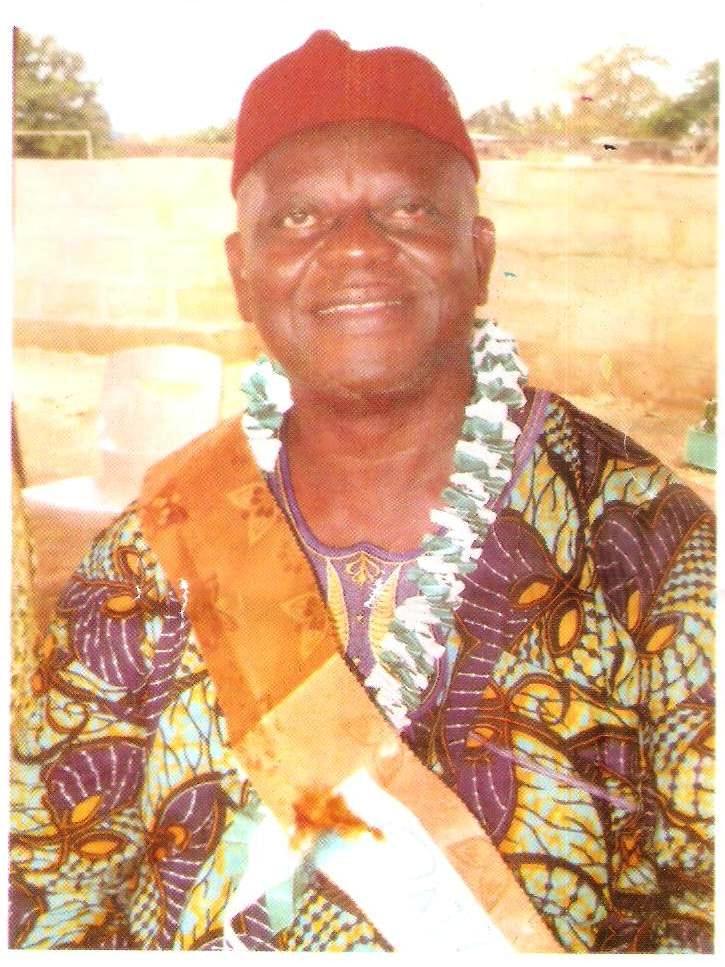Restructuring Nigeria will be resolved after 2019 elections – Okwara

Chief Livinus Okwara, a political analyst and educationist is also a member of the All Progressives Congress (APC). In this interview, Okwara speaks on Nigeria at 57, arguing that the country’s future development rests on those who will be elected in the 2019 General Elections. LADESOPE LADELOKUN reports
What is your assessment of Nigeria at 57?
To assess Nigeria at 57, let us look at the country at zero age. A being without legs is crippled, with whitewashed brain, lacking knowledge about everything considered as basic to growth.
That is why at Republican status, Nigeria was faced with challenges, which was lack of knowledge. Nobody saw the coming of the Military in 1966.
Therefore, not only did the Military come, they changed the system of government. They introduced unitary system of government; it was after the Nigerian Civil War of 1970 that Nigerians started reasoning about governance;
the then Head of State, General Yakubu Gowon was seen to be removed; crops of young military men prepared for the barracks to take over from those who were trained before independence.
Do we then blame the British colonialists for Nigeria’s current woes?
The crisis Nigeria faced after independence was typical of the African countries. New crop of leaders were always hungry for power. That was why they had penchant and hunger to take over power.
That was the case in our country where military regimes involving Generals Aguiyi Ironsi; Gowon; Murtala Muhammed, Olusegun Obasanjo; Muhamadu Buhari; Ibrahim Babangida; Sani Abacha and Abdulsalami Abubakar, held sway through military coups.
Not until 1999 when the Military handed over power to democratically -elected civilians. So, in 1999, Nigerians actually took over power. Before then, civilians were never in control of governance of the country; rather it was the military that ran the country, through Decrees.
Since 1999, how would you assess the situation?
The Military handed over to non-core civilians, led by President Olusegun Obasanjo, a retired general. He won on the platform of the Peoples Democratic Party (PDP) and was there as elected President for eight years until 2007 when he handled over to a fellow PDP man late Umaru Yar’Adua.
They ruled the country with the Constitution drafted and handed over to them by the Military, who had intent to continue to rule, especially by Abacha, who wanted to transmute to a civilian president.
Since then, there had been no serious amendment to the Constitution of 1999 to implement it to the letter. They did all these to suit their selfish interest. The military has since been in control through a different guise.
But civilians have often been accused of being military collaborators?
Who were they (civilians)? Did they have power to change anything? Yes, they had the parliament, but can they change anything? Obasanjo, as President, just threw the amended Constitution aside. He did not allow it to work.
So, what are the current governance challenges?
The country is bogged down by a number of challenges, such as infrastructure decay, unemployment, ethnic agitations, etc because we are still operating in military shadows, as well as powerful military collaborators.
Why are Nigerians not forceful enough about demanding for a better deal?
You see, the power of governance includes economic, police, Military, judiciary, etc. those who control them use them to stay in power.
And no matter what you did, it is not so easy to overcome all these. If you want a change, a clique would alter or stop it from happening.
At the end of the day, you will discover that nobody is representing Nigeria. For example, just look at what the 8th Senate is currently doing about devolution of powers? I will like to describe them as largely military collaborators, but who are masquerading as civilians.
What is your take on resource control, devolution of powers and restructuring?
The question is, why all these agitations? Those issues bother on the warped Federation and Constitution. Let me tell you: We can only have a change after the 2019 General Elections.
It will be another turning point for the country. What am I saying? It will bring about progressiveness in the country.
This is because those who will win election in 2019 are those who are (likely) to develop Nigeria. They will be the ones to resolve power devolution and other critical issues affecting the country.
Many of those who did not align with Nigerians would not be elected into political offices come 2019. I make bold to say that Nigerians are now wise?








